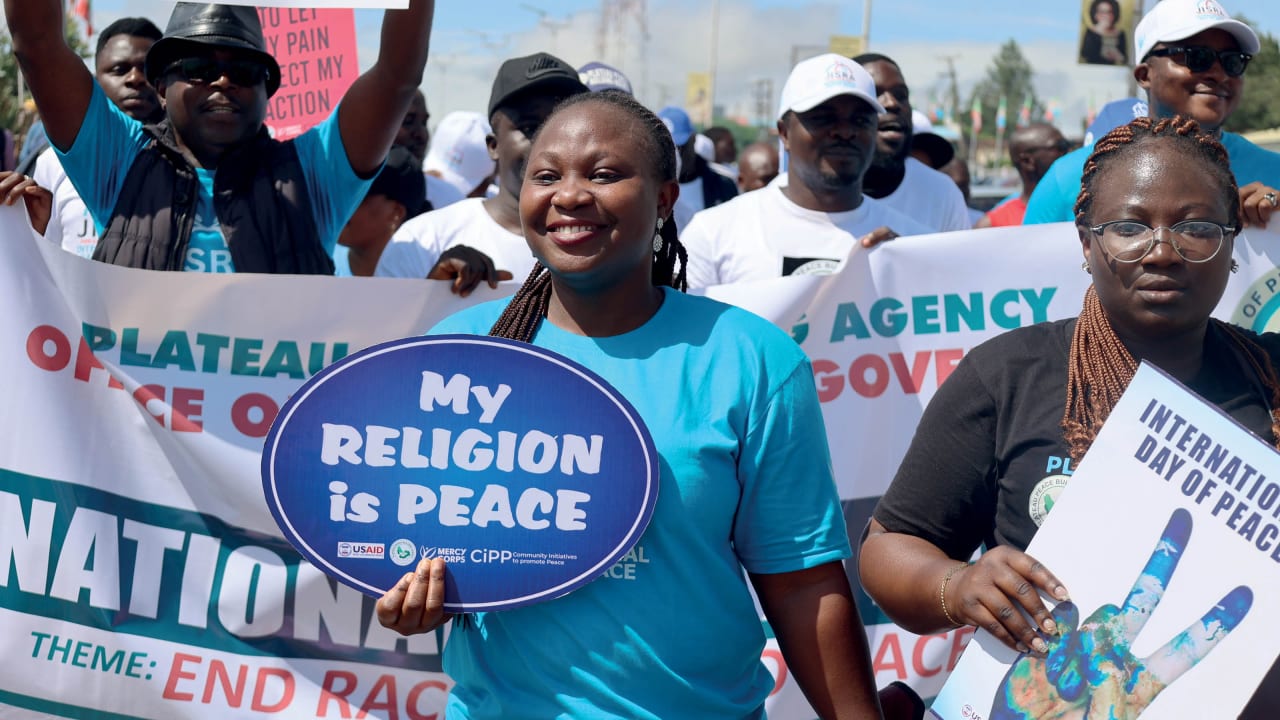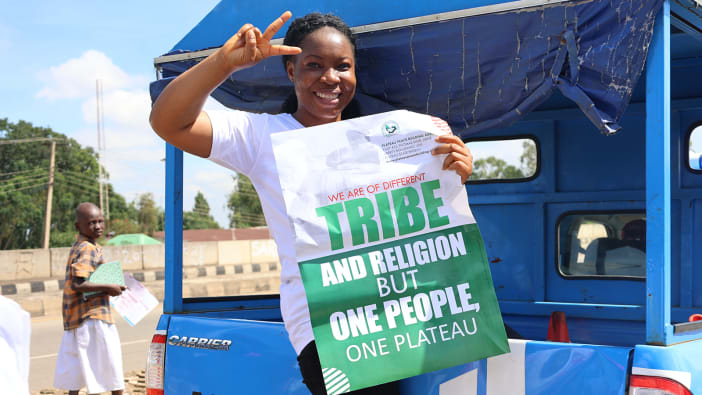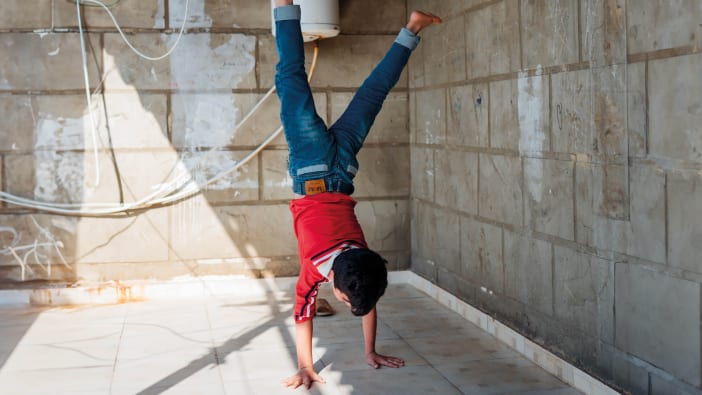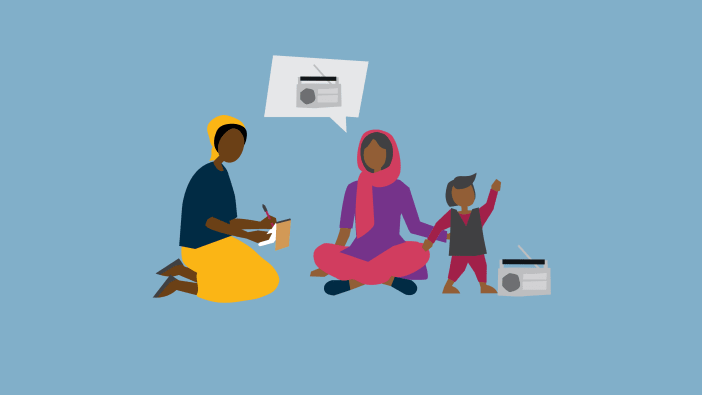‘Today when we were coming from Nineveh, the checkpoint officer asked who we were, and we said one Kakai, one Yezidi, Christians and Shabaks. The officer was shocked to hear of so many ethnicities and religious groups travelling together.’ A participant in the JISRA consortium in Iraq.
In many parts of the world, discrimination, misunderstandings, power struggles and intolerance lead to religious violence. This has a devastating impact on local communities, especially people living in poverty.
The Joint Initiative for Strategic Religious Action (JISRA) – named after the word jisr in Arabic, which means ‘bridge’ – promotes peaceful and just societies by encouraging freedom of religion and belief. It is a partnership of 50 civil society organisations across Ethiopia, Indonesia, Iraq, Kenya, Mali, Nigeria and Uganda.
JISRA partners use a community dialogue approach that encourages people from different faiths to have honest conversations, identify common problems and find common solutions. As a result, the participants develop closer relationships with each other, as well as gaining the skills they need to help address tensions in their communities.
Yordanos Asnake, a Christian in Ethiopia, says, ‘The workshops changed my understanding of the Islamic religion, and dramatically improved my relationships with Muslims. I now understand more about the contribution of all faith actors to peaceful coexistence in our community.’
Engaging young people
Young people can be easily overlooked in peacebuilding processes, but they have a vital role to play. JISRA activities to increase the involvement of young people include sporting events and camps where youth from different faiths can make friends, discuss their beliefs, share their challenges and identify ways to live peacefully together.
Meseret Tadesse used to be involved in violent youth protests in Ethiopia, but now she sees things differently. She says, ‘In our culture, ethnic and religious conflicts often become violent. Thanks to JISRA training, many young people like me are realising that non-violent communication is the best way to develop a culture of peaceful coexistence.
‘In my school, two religious groups got into a conflict, and I was able to help. First, I talked to those from the Muslim side, and even though I am a Christian they accepted my logic of reconciliation. I then talked to the Christian group. Finally, I brought them together and helped them to forgive each other and discuss their issues openly.’











